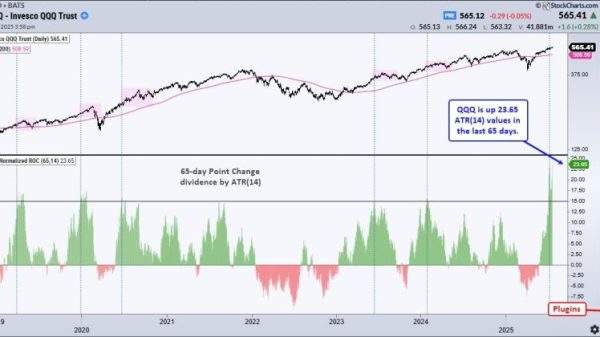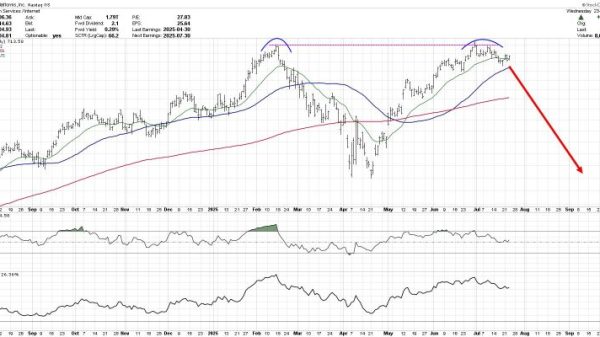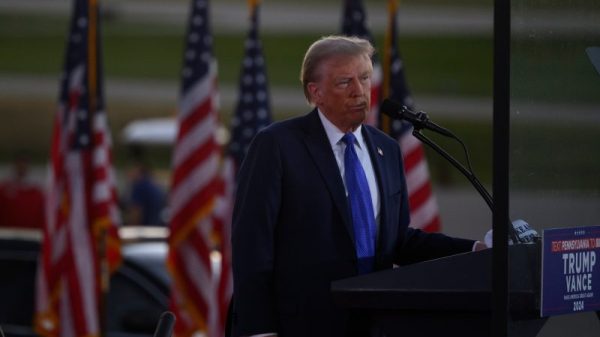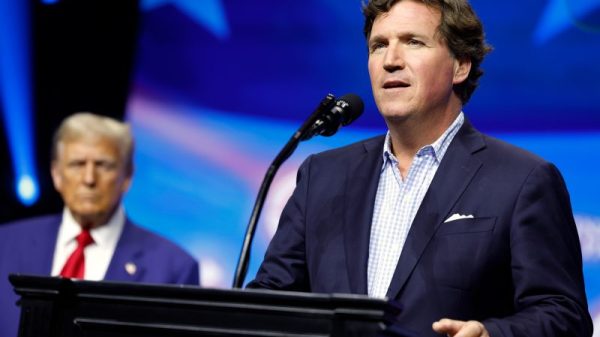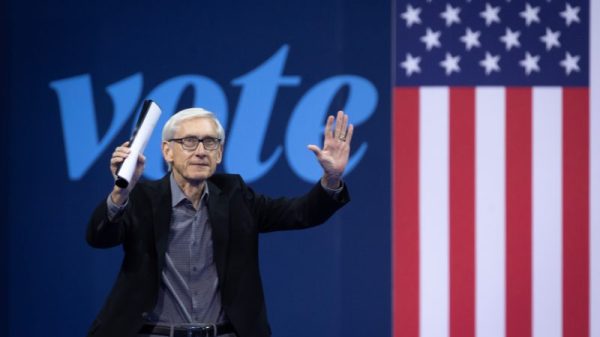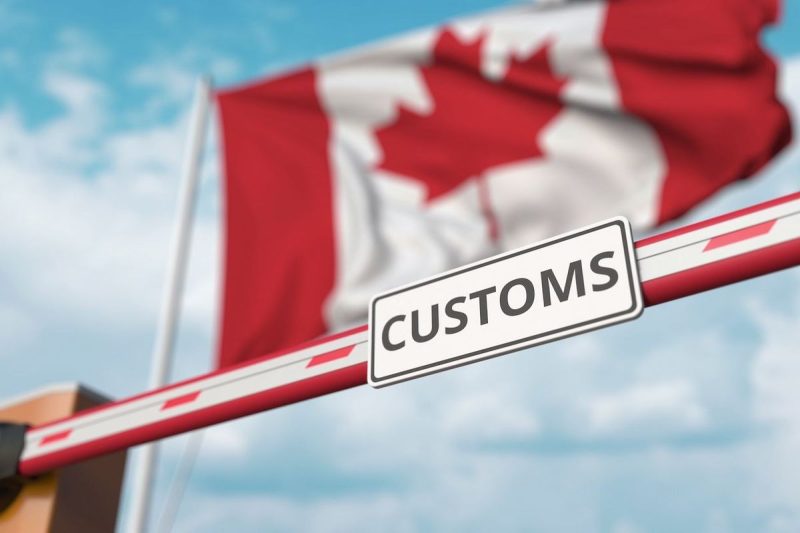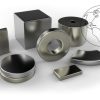Canada will impose a 100 percent tariff on Chinese electric vehicles (EVs), following the lead of the US and EU in a move geared at addressing concerns over China’s trade practices within the sector.
Speaking during a three day cabinet meeting in Halifax, Nova Scotia, Prime Minister Justin Trudeau described China’s trade policies as ‘unfair’ to other nations, particularly in the EV and steel industries.
“Actors like China have chosen to give themselves an unfair advantage in the global marketplace, compromising the security of our critical industries and displacing dedicated Canadian auto and metal workers,” he stressed.
Trudeau added that the new tariffs are necessary to protect Canada’s domestic industries from the effects of overcapacity driven by China’s state-directed production policies. In addition to the EVs restrictions, the Canadian government will impose a 25 percent surtax on imports of steel and aluminum products from China.
Canada’s EV announcement aligns with the growing trend of western nations implementing trade barriers to counter what they see as China’s overproduction of materials and undercutting of domestic markets.
Trudeau emphasized that Canada’s move is in alignment with actions taken by the US and the EU. US national security advisor Jake Sullivan, who met with the prime minister over the weekend, said coordination is key.
“The U.S. does believe that a united front, a coordinated approach on these issues benefits all of us,” he noted.
The tariffs on EVs are set to take effect on October 1, while the steel and aluminum surtax will begin on October 15.
Canada following US, EU response to China
The decision from the Trudeau government follows the Biden administration’s May decision to increase tariffs on Chinese-made EVs to 100 percent. The country also added smaller tariffs on strategic goods necessary for EV production, such as solar cells, semiconductors and lithium batteries, among other products.
As the northern neighbor of the US, Canada is highly integrated with the country, particularly in the automotive sector, with more than 75 percent of Canada’s vehicle production being exported to the US.
The EU has also taken similar action. At the beginning of July, the EU introduced new tariffs ranging from 17.4 to 37.6 percent on EVs imported from China; a 10 percent duty on EVs from China was already in place. The EU’s focus is on curbing the market impact of low-cost EVs that benefit from significant Chinese government subsidies.
Tesla may adjust supply chain in response to tariffs
Industry leader Tesla (NASDAQ:TSLA), which began exporting its Shanghai-made Model 3 and Model Y vehicles to Canada in 2023, is expected to be significantly impacted by the new tariffs.
Although Tesla does not disclose specific figures related to its exports from China to Canada, the Vancouver port recorded a 460 percent increase in automobile imports from China in 2023, reflecting Tesla’s increased shipments.
Seth Goldstein, an equity strategist at Morningstar, told Reuters on Monday (August 26) that Tesla may shift its supply chain in response to the tariffs. In his view, the Elon Musk-led company may consider exporting EVs to Canada from its US factories instead of its Shanghai Gigafactory to avoid the tariffs.
While Tesla is the most prominent Chinese-made EV manufacturer exporting to Canada, it is not the only company that could be affected by the tariffs. Several Chinese automakers have been eyeing the Canadian market, and the new trade barriers will likely deter their expansion plans. BYD (OTC Pink:BYDDF,SZSE:002594), a major Chinese EV producer that has already communicated with the Canadian government about its intentions to enter the market, will now face challenges.
In addition to the tariffs on EVs, Canada is considering further measures against Chinese imports.
Deputy Prime Minister Chrystia Freeland announced that a 30 day consultation will be held to assess the possibility of implementing tariffs on Chinese batteries, battery parts, semiconductors, critical minerals and solar panels.
At the time of this writing, the Chinese government had not responded to the tariff announcement.
However, China has a history of retaliating against Canadian trade measures. In the past, China imposed a three year restriction on Canadian agricultural products, including canola seeds, as a response to diplomatic disputes.
While the ban was lifted in 2022, analysts believe China may take similar actions in response to the new tariffs on EVs. Guy Saint-Jacques, a former Canadian ambassador to China, told the Associated Press that Canada could face retaliation in other sectors, as China may seek to take action “to send a message.”
Securities Disclosure: I, Giann Liguid, hold no direct investment interest in any company mentioned in this article.






